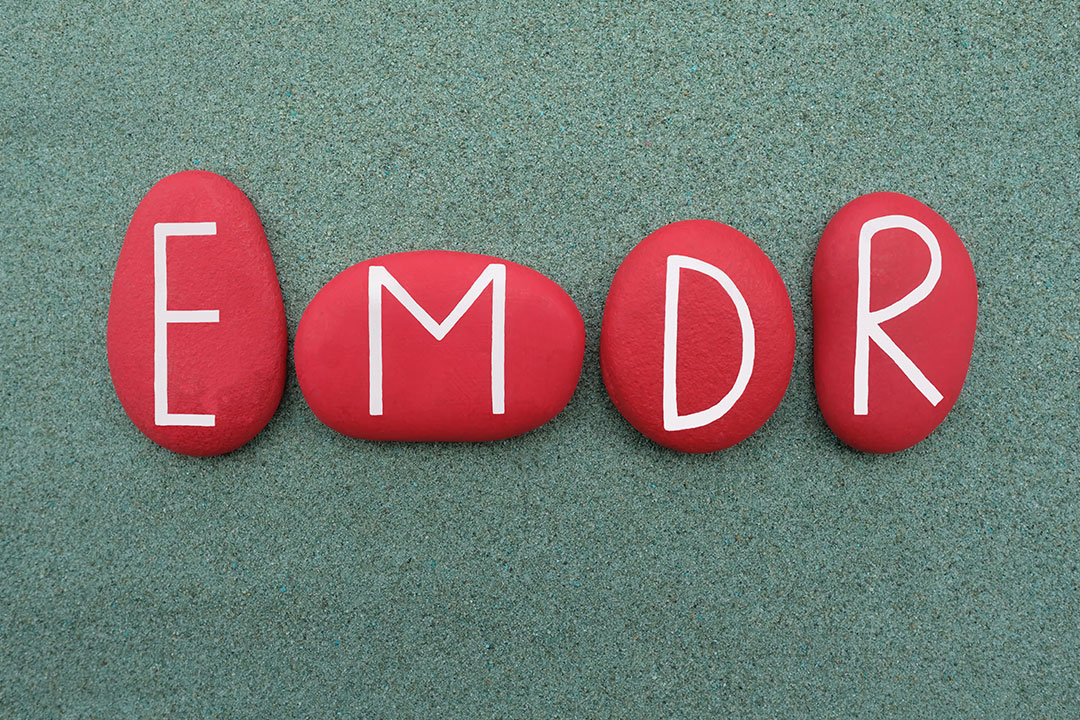EMDR Therapy
EMDR therapy, also known as eye movement desensitisation and reprocessing therapy, is a method of mental health care. Eye Movement Desensitisation and Reprocessing (EMDR) is a type of psychotherapy developed to alleviate mental distress associated with traumatic memories. In order to process painful memories using this technique, you must move your eyes in a precise manner. Your recovery from trauma or other upsetting life events is the aim of EMDR. EMDR is a relatively recent therapy approach when compared to other types. In 1989, the first clinical study examining EMDR was conducted. Since EMDR’s creation, many of clinical trials have demonstrated its efficacy and ability to treat a person more quickly than many other techniques.

How does EMDR work?
Who requires EMDR therapy?
The effectiveness of EMDR in treating post-traumatic stress disorder is its most well-known benefit (PTSD). The NHS, charitable organisations, the corporate sector, and the Ministry of Defence all frequently employ it to assist military members suffering from PTSD. People with a variety of mental health issues can benefit from EMDR. Adults of all ages, adolescents and adolescents can gain from this treatment. Several medical professionals are also experts in EMDR for kids.
When a challenging life event is involved, EMDR can also be utilised to treat a variety of mental health issues like depression or anxiety. Therapists use EMDR therapy to address a variety of issues, including:
- Anxiety, panic attacks, and phobias
- Chronic Illness and medical issues
- Depression and bipolar disorders
- Dissociative disorders
- Eating disorders
- Grief and loss
- Pain
- Performance anxiety
- Personality disorders
- Post-Traumatic Stress Disorder (PTSD) and other trauma and stress-related issues
- Sexual assault
- Sleep disturbance
- Substance abuse and addiction
- Violence and abuse
A professionally qualified therapist should always do EMDR because it is a difficult therapy process.
Starting integrative treatment begins with finding a licensed mental health provider. Many therapists are well-versed in integrative therapy. You can begin your search on Islington Therapy House’s website by exploring our Therapists directories.
How ıt works
Let's plan your therapy
1
You can contact the therapist directly. Before scheduling an initial consultation, you are invited to contact any of our therapists by phone or email for an informal discussion.
2
You can use our help me find a therapist form to contact us directly.
We'll locate you two to three therapists.
